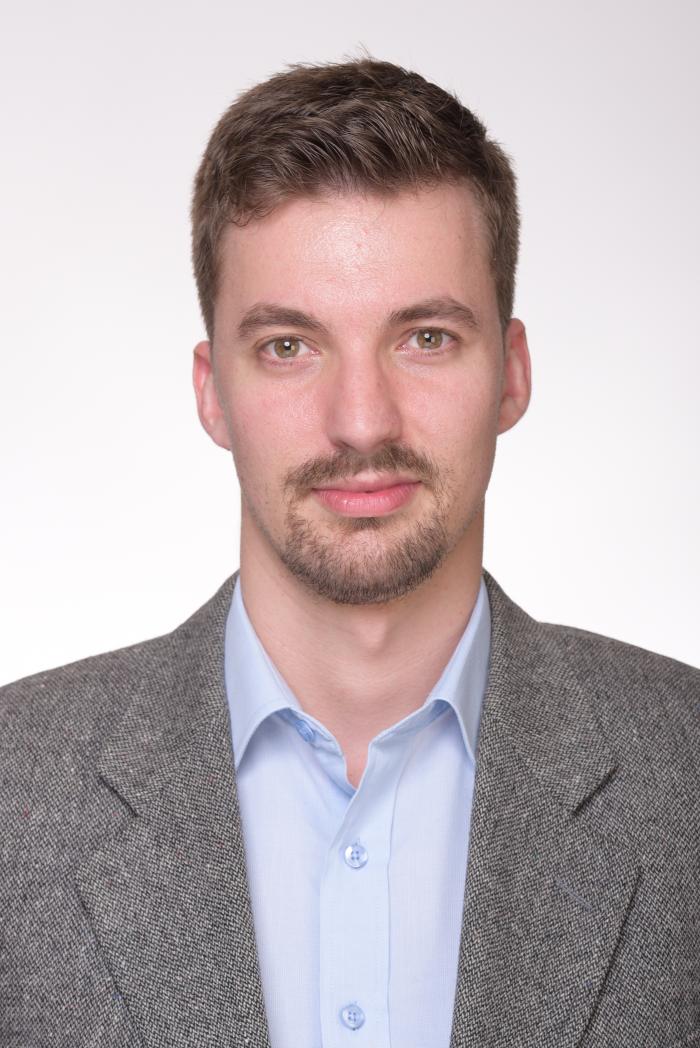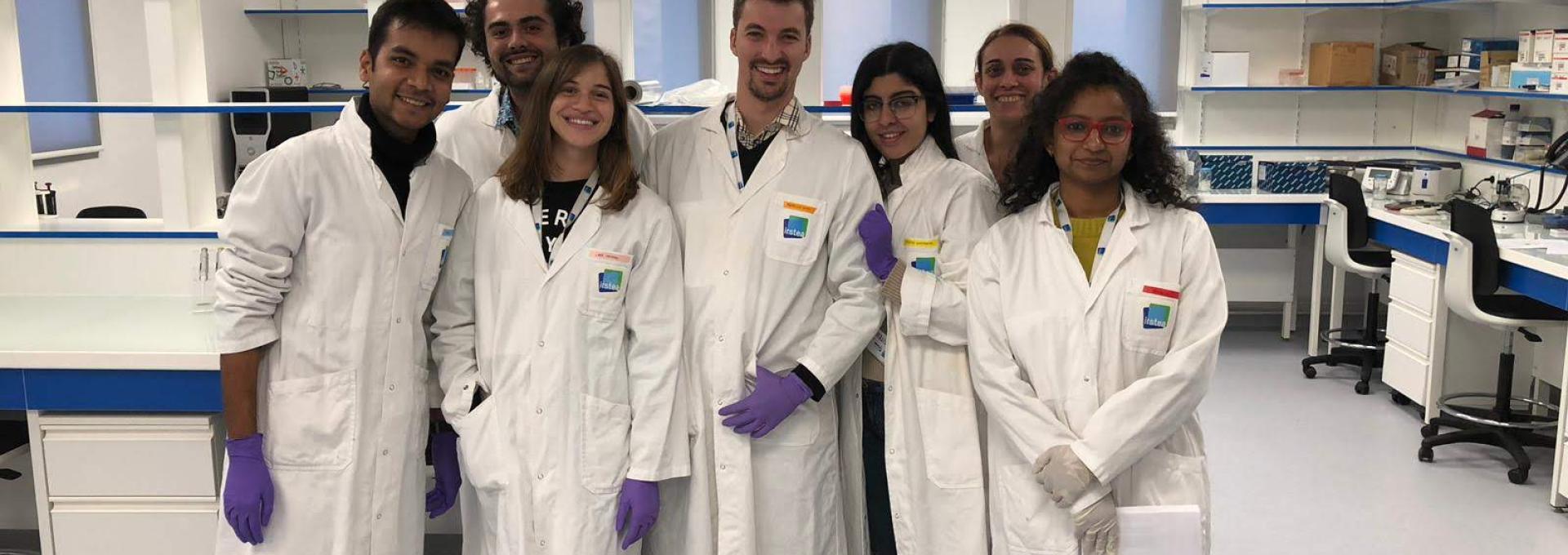Discover the daily life of MSc&T students at École Polytechnique.

Mauricio Viotti Cavalin is an Environmental Engineer from São Paulo, Brazil. Before joining the Ecotechnologies for Sustainability and Environment Management Master at École Polytechnique, he worked for over 6 years as a consultant in contaminated land management.
Why did you choose to study at École Polytechnique?
I chose École Polytechnique due to three main aspects:
- Its renown and significance in the French market (top engineering school in France and very well-ranked globally);
- The high level of scientific production from the resident teachers at school (in Physics, Chemistry and Renewable energy);
- The management and entrepreneurship component in the Master’s curriculum, together with mandatory language and sports sessions - which I consider very important to help integrate into any new society and culture.
How did you get to know the Ecotechnologies for Sustainability and Environment Management Master’s program? What are its main benefits?
I learned about École Polytechnique from friends at engineering school, and then from global engineering ranking websites with the Environmental subject as ranking criteria.
The ECOSEM program has a great staff: everyone from the program director to the guest teachers are excellent researchers in their field, and can exchange knowledge at a very deep level. Furthermore, they also share their network and expose the students to some of the best companies and research institutions in France.
What do you think of the program structure (courses, personal scientific project, Coriolis conferences, etc)?
I think the structure of the program manages to occupy all of the student’s time during the week. The scientific courses are demanding and, in the case of the ECOSEM program, involve quite a few external visits to companies and research labs. Throughout the course, you are expected to be working on your personal scientific project, which can become a big burden if you leave it for the last minute – my tip is to involve teachers in the project and propose an official schedule for the project early on.
The Coriolis scientific conferences are also great, and really help you to get more involved and exposed to the fields that you want to study or work in. But it does require a good amount of proactivity from the student to be able to take part in all of them, since there’s always a lot going on at school. Aside from that, my time was always filled by sports, soirées with friends and visits to Paris!
How does the rating system work?
The teachers of each subject have a certain degree of liberty to choose their evaluation form: a classical exam, a project report and presentation or sometimes both! These will represent the major part of your grade, but periodical exercises and class attendance also account for a portion and usually make the difference between an average and very good result
What was/were your favourite subject(s)?
My favourite subjects in ECOSEM were Analytical Chemistry (1 and 2), Complex Dataset Analysis and Microbial Ecology, followed by all of the Management courses.
In these courses, I learned many things that I believe will be useful in my future career, from knowledge to a thorough understanding of the functioning of the environmental market and the companies in it.
Where did you do your internship last year? What about this year? How did you find both of them?
Last year, I did my internship at the Jacobs Engineering Group in Lyon, and this year I’ll be doing it at Veolia Environment.
Both are Fortune 500 companies that have very strong technical and quality-oriented approaches, and in both cases my work was (and will be) on the field that I’m interested in: investigation and remediation of polluted soil and groundwater.
Working at Jacobs, I was able to produce and publish a paper in an international congress, expanding my knowledge in three-dimensional mathematical modelling of static contamination scenarios. And my knowledge of the French language grew exponentially! For the coming internship with Veolia, I expect to gain a lot from my interactions with their experts and to come up with an internal product that will help their global operations.
What would you like to do after your Master degree?
After my Master’s degree, I will follow the path of a specialist in a big international company in the environmental sector, such as Veolia or Jacobs, actively working on digital transformation and innovative solutions for contaminated land management. Later, I expect to gradually transition more towards a client development and corporate strategy role in the same or similar company.
